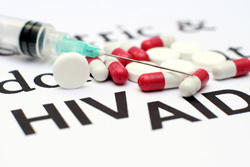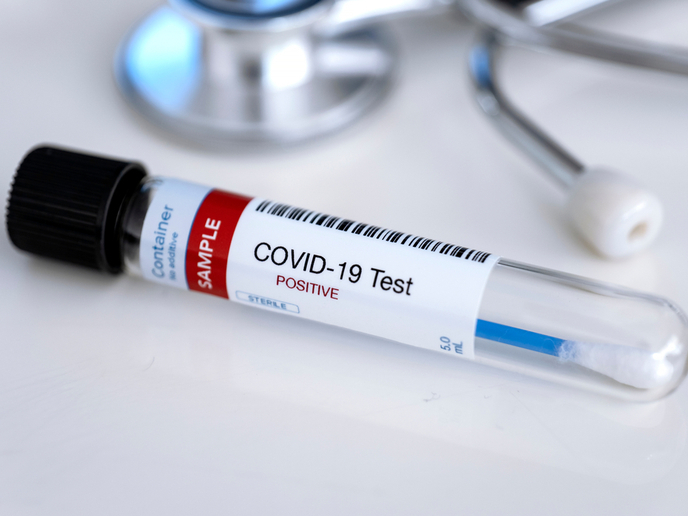New approach to vaccine for AIDS
HIV infection poses a serious health problem worldwide. Current antiviral drug treatment has increased life expectancy and quality in Western countries. However, the cost of this medication prohibits its use by infected individuals in developing countries, necessitating the urgent development of an efficient and affordable vaccine. Extensive research over the past decades has contributed to our understanding of the immunological mechanisms that ensure induction of protective antiviral immunity. Collectively, data indicate that a successful HIV vaccine should target and activate dendritic cells (DCs) – the body’s professional antigen-presenting cells – and should contain antigens that both activate cytotoxic T lymphocytes and induce neutralising antibodies. With all these considerations in mind, the EU project AIDS-COVAC aimed to generate a novel coronavirus-based HIV vaccine vector that would target DCs. As a test vaccine, project partners initially developed the entire system in the simian AIDS model. Researchers decided to use human coronavirus vectors as vaccine delivery systems since they possess certain desirable features. They target mucosal surfaces in their natural hosts and their cell surface receptors are expressed on DCs, facilitating coronavirus entry. For optimal vector entry into DCs, human coronavirus vectors were coated with the surface glycoprotein of the vesicular-stomatitis-virus (VSV-G) and the viral-DC interaction was analysed at the genomic and gene expression level. In a mouse model, coronavirus vectors successfully delivered multiple antigens and immunostimulatory cytokines to DCs. Additionally, they elicited potent T cell responses with long-lasting protection against viral challenge. When tested in the macaque model, the coronavirus vaccine induced cell-mediated and humoral immune responses. The AIDS-COVAC effort has provided a novel platform for the long-awaited anti-HIV vaccine. Pre-clinical data are encouraging for the further exploitation of coronavirus vectors in the battle against AIDS.







